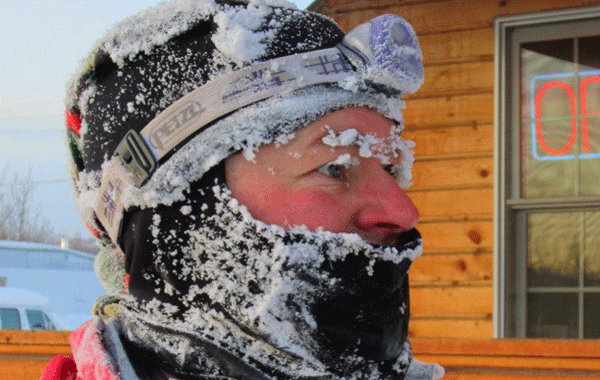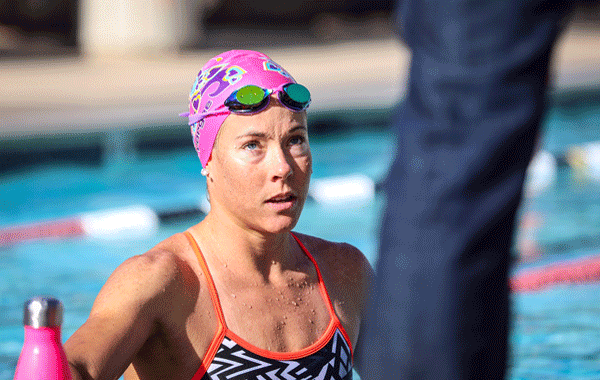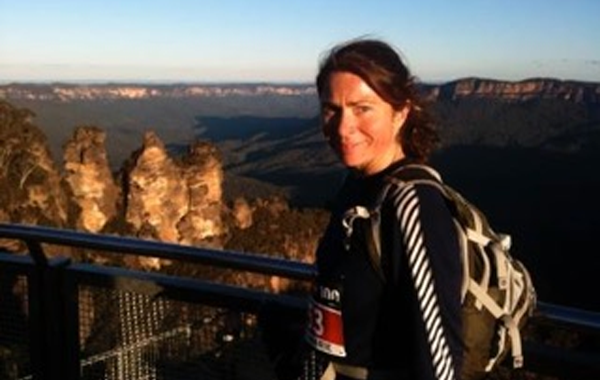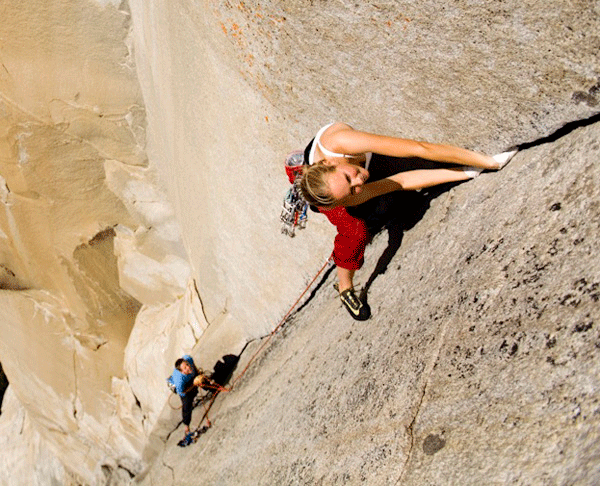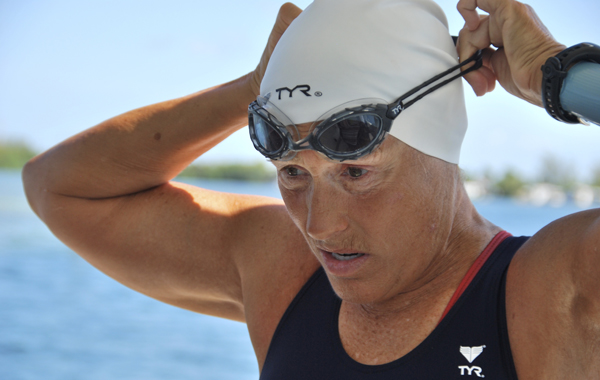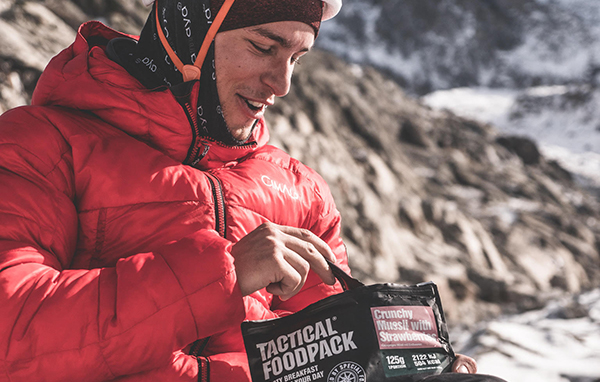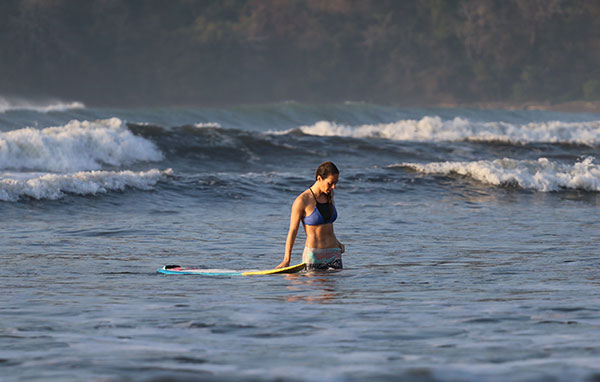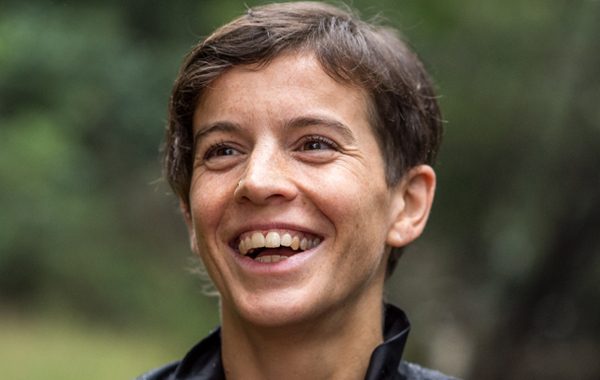
DROZ photography
ELLIE GREENWOOD had always enjoyed running but it wasn’t until 2002 that she ran her first marathon – since that race hasn’t looked back. She took part in her first ultra race in 2005 and her achievements have gone on to include first places and records at some of the biggest ultra races in the world.
Ellie is also a running coach and extremely positive and dedicated to those she trains and works with. In this fascinating interview she talks more about her work in that field as well as how her passion for running was ignited and some of her biggest achievements in the sport.
To find out more about Ellie and to follow her blog visit elliegreenwood.blogspot.com.
When did you first start running and how did where you grew up and the people around you encourage and give you the opportunities you needed?
I always ran when I was at high school but it was very low key and not very competitive. I ran cross country and track, and we’d have friendly races with other schools in the region but there was no real structured training and certainly no formal team or selection process it – it was very much about participation.
When I went to university I was not involved in running there – again it was not overly competitive at the university that I went to – but by that time (my early 20s) I had started to enjoy just going out jogging for fun and fitness, and decided to run a half-marathon which I did at age 20 in just under two hours (I am now 36 years old). I really enjoyed the race experience and so when I moved to Canada about a year later and a friend was training for a marathon with a local running store I decided to join in as it was something that had an appeal given I enjoyed running recreationally and had watched the London Marathon on TV each year as a kid growing up.
I therefore ran my first marathon in 2002 in three hours 25 minutes and by then had caught the running bug, and it really just progressed from there with running becoming a big part of my social life – enjoying racing and seeing improvements in my times, and over the next few years also trying out ultras and trail racing.
So overall when growing up running was not something I envisioned doing competitively in my future, but at high school there were certainly lots of sporting opportunities and really great teachers.
In high school I ran a little, played netball and field hockey, and just about any other sport that was on offer, because it was fun! I think instilling that sense of fun and participation was important as it developed a base of physical activity for my running later on.
My family also played a part as I very much enjoyed being outdoors as a kid – growing up we’d enjoy days out in the countryside walking and just enjoying the natural environment, as well as summer camping holidays often to the Alps. This instilled a love for the outdoors and mountain landscapes which carried forward to my trail running once I began that in my 20s.
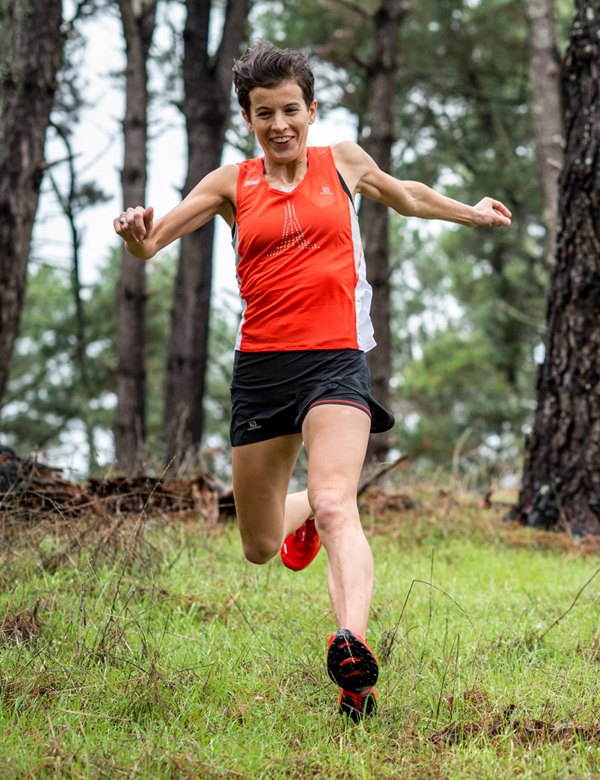
DROZ photography
When did you move to Canada and what is life like there for you today?
I first came to Canada in 2002, I had recently graduated from university and had got a job with a UK ski tour operator working in the Rockies looking after our clients on vacation there. This allowed me to spend winters in Canada and summers in Europe (Switzerland and Norway) and then over the course of a few years I transitioned to living in Canada year round. Finally in 2015 I got my Canadian citizenship and definitely call North Vancouver home (for now!).
Last year I stopped working for the travel company and made a big work change and started working as an online ultra-running coach for Sharman Ultra. This has been a really great transition as it allows me to do a job which I truly love, and gives some flexibility that I enjoy to travel to race overseas myself. Coaching is very much my main job, with my own running being very important personally but secondary in terms of employment, though I’m lucky enough to have financial support from some great companies including Salomon. North Vancouver is a great place to live as a runner – we have a temperate climate, a great running community and everything from flat roads and scenic seaside pedestrian paths, to technical mountain trails.
Could you tell us when you first made the step-up to ultra-running and how hard you have to train to be a serious competitor?
I think it was 2005 when I ran my first ultra, it was certainly January 1 of a year around about then! By that stage I had run a few marathons and heard of a local low key 50k race run on New Year’s Day – running that far intrigued me and it seemed a fun way to kick-off a new year!
I loved that event and by that stage had made more friends who also ran trails so I began to run a few local ultras each year. In 2008 I was lucky enough to gain sponsorship from a shoe company and that motivated me to train further still. By that time I had won a few low key races but it was not until 2010 that I started to post some better results in more competitive races (eg in the US) and I was encouraged by a friend to try to qualify for the IAU World 100k.
That was when I really began to step up my training to the next level and become more dedicated – running more miles each week, running longer and all year round, and targeting specific races. I likely train around 15 to 20 hours of running per week and at various times of year complement that running with cycling, pool running and gym work. However it is not just about running miles and miles, I also ensure that I incorporate speed and hill workouts and race specific training into my schedule.
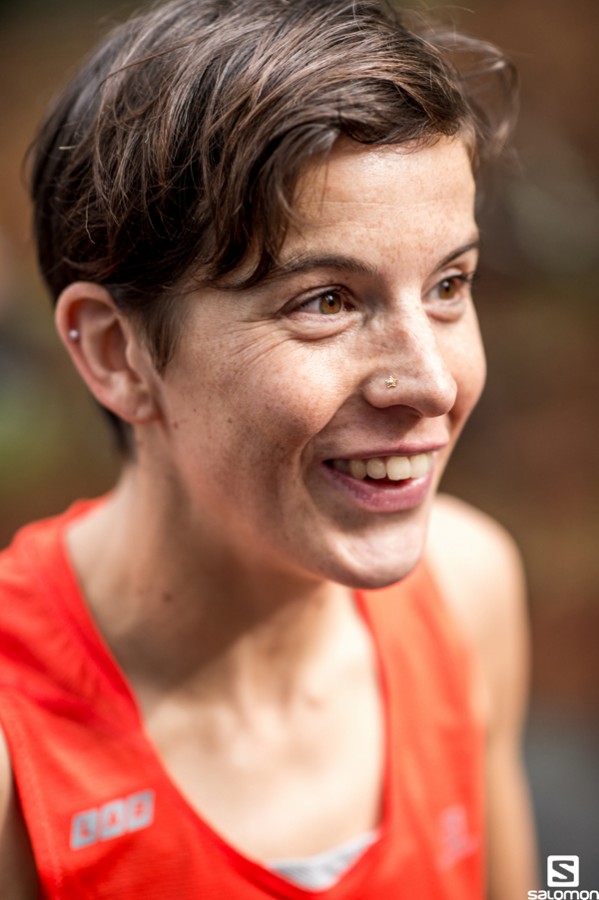
DROZ photography
What are some of your biggest achievements in ultra-running?
I am a two times IAU World 100k champion (2010 and 2014), two times Western States 100-mile champion (2011 and 2012) and course record holder, comrades champion 2014 (89k in South Africa – oldest, biggest and most competitive ultra in the world) and JFK 50-mile champion and course record holder (2012).
Could you tell us more about your role as a coach and what is the message you try to instil on those you train?
I try to instil in my coaching clients the importance of consistency in their training, patience in working towards achieving their goals, and the importance of having fun and enjoying their running. If a runner is unable to maintain high mileage due to injury or life commitments, they are much better off (and will see greater improvements in their running in the long run) if they can maintain lower volume but consistently over the months and eventually years.
Also, it is easy to get caught up in trying to set personal bests or place in age groups etc, but a runner should always enjoy the majority of their training, so I try to create a training plan for them and foster a coaching environment which achieves that.
What can visitors expect from your blog at elliegreenwood.blogspot.com and how important is it to you to connect with other likeminded people?
Through my blog I aim to share stories of my experiences so others can learn from my successes, and my mistakes, hopefully in an entertaining manner! I enjoy sharing my experiences from races I’ve participated in both in North America and further afield which will hopefully help other runners on a practical level if they are participating in the same races in the future. I also just enjoy writing and find it a rewarding medium in which to connect with fellow runners. Through not just my blog but also through my Facebook athlete page, Twitter and Instagram it is fun to communicate with like minded people and make connections with other ultra-runners.
How are you currently performing as a runner and what races do you have coming up in the near future?
2015 has not been my most successful year in terms of racing performances so far. I have suffered various niggling injuries throughout the year which have hampered my ability to maintain the consistent training required to perform well at races, as well as limiting the number of races that I have competed in. However, I am slowly working through these various aches and pains with my physical therapist and hope to be able to compete in one or two ultras before the year is out, though have yet to determine what these will be.

